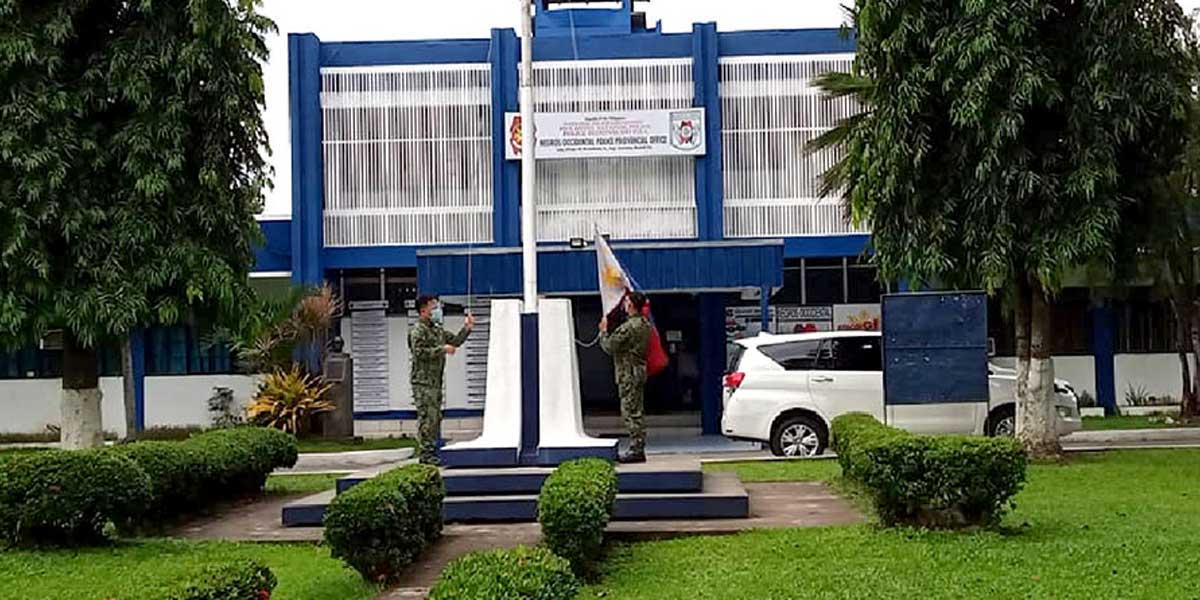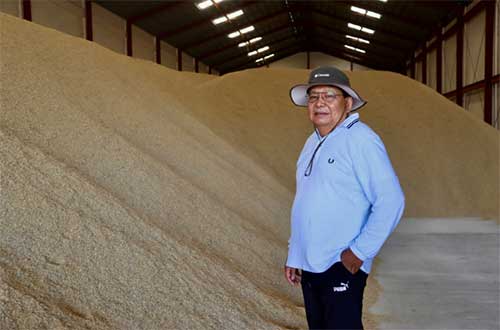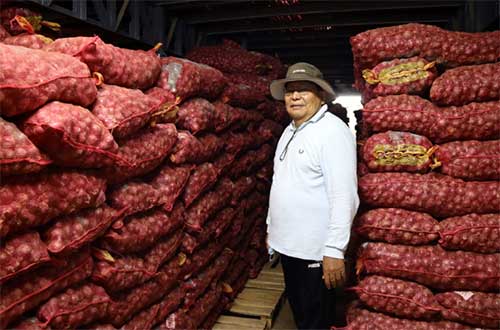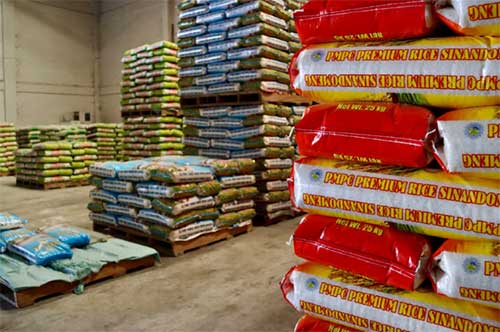TALAVERA, Nueva Ecija – For the longest time—despite working long, hard days in the field—rice farmer Ricardo Buenaventura struggled to improve his farm’s productivity and profitability due to lack of capital.
Ricardo could not pursue opportunities that would help expand his operations, such as acquiring a bigger farmland or investing in farm mechanization, with income that was just enough to sustain his family’s daily needs.
Determined to provide a better life for his family, Ricardo called on his fellow farmers facing similar challenges to work together to boost their production and income. They officially formed the Nagkakaisang Magsasaka Agricultural Primary Multi-Purpose Cooperative (PMPC) in 1992 with 16 members, and Ricardo as their Chairman.
As a newly-established cooperative, seeking credit assistance to support their operations proved to be a hurdle seemingly too difficult to overcome. Lenders often turned them away or offered hefty interest rates they could not afford at the time.
They found the boost they needed when Land Bank of the Philippines (LANDBANK) granted the co-op their very first loan amounting to P120,000.00 to fund their working capital.
“Nagtiwala sa amin ang LANDBANK kahit nagsisimula pa lamang ang aming kooperatiba. Binigyan nila kami ng pagkakataon para palakasin ang aming koop at pagbutihin ang aming kabuhayan,” said Buenaventura.
Growing with LANDBANK
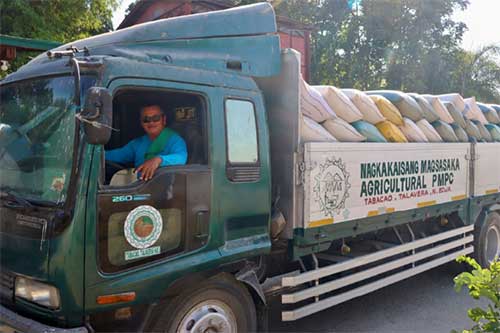
That initial partnership has come a long way. LANDBANK has since increased its total loan to Nagkakaisang Magsasaka Agricultural PMPC to P1 billion to fund its expanded operations, which now include relending to finance the production of its members, rice and agri-inputs trading, diesel retailing, rice milling, onion cold storage rental and trading, and importation of milled rice and fertilizers produced by the co-op.
LANDBANK has also financed the construction of warehouses and an onion cold storage, as well as the purchase of farm machinery and equipment to improve agricultural productivity.
From having only 16 members, Nagkakaisang Magsasaka Agricultural PMPC’s membership base has grown to 1,500 consisting of farmers producing rice, onion and other high-value crops, backyard poultry and livestock raisers, and micro, small and medium enterprises (MSMEs) such as sari-sari store owners.
“By empowering agricultural cooperatives, we are also enhancing small farmers’ access to credit, technology and other critical resources for growth. We look forward to partnering with more agri co-ops towards increasing productivity and ensuring food security in the country,” said LANDBANK President and CEO Lynette V. Ortiz.
Uplifting lives of Nueva Ecija farmers
With their fully-integrated services, the Nagkakaisang Magsasaka Agricultural PMPC is now able to support the growth requirements of its members throughout the entire rice production process, from planting to marketing and distribution.
Aside from financing the purchase of their members’ farm inputs, the co-op also serves as a ready market for their produce, buying wet palay at a fair price.
The co-op produces around 70,000 to 100,000 sacks of rice per cropping season under its own rice brand and distributes rice to consumers in Metro Manila, Quezon City, Marikina, Taguig, Parañaque, Bohol, Pampanga, and Tarlac.
The co-op is also diversifying its operations to provide more assistance to its onion farmer-members and strengthen the local onion value chain. Of their P1-billion LANDBANK loan, P112 million was allocated for the construction of an onion cold storage which has allowed their members to reduce agricultural losses and improve their income.
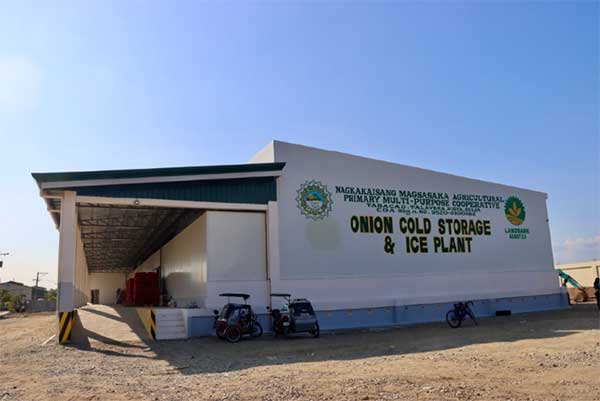
“Sa tulong ng LANDBANK, marami na ang naipundar ng aming kooperatiba at naitulong sa palay farmers. Ngayon, nakakatulong na din kami sa onion farmers dito sa Nueva Ecija na palakasin ang kanilang produksyon,” said Ricardo.
Fully operational since April 2024, the co-op’s cold storage can accommodate up to 60,000 bags of onions and is expected to benefit onion growers from the municipalities of Bongabon, Guimba, Gabaldon, Llanera and Talavera.
The co-op also extends credit support to finance onion production and buys members’ produce at a more lucrative price compared to other markets in the Province in support of the local onion industry.



